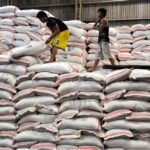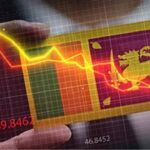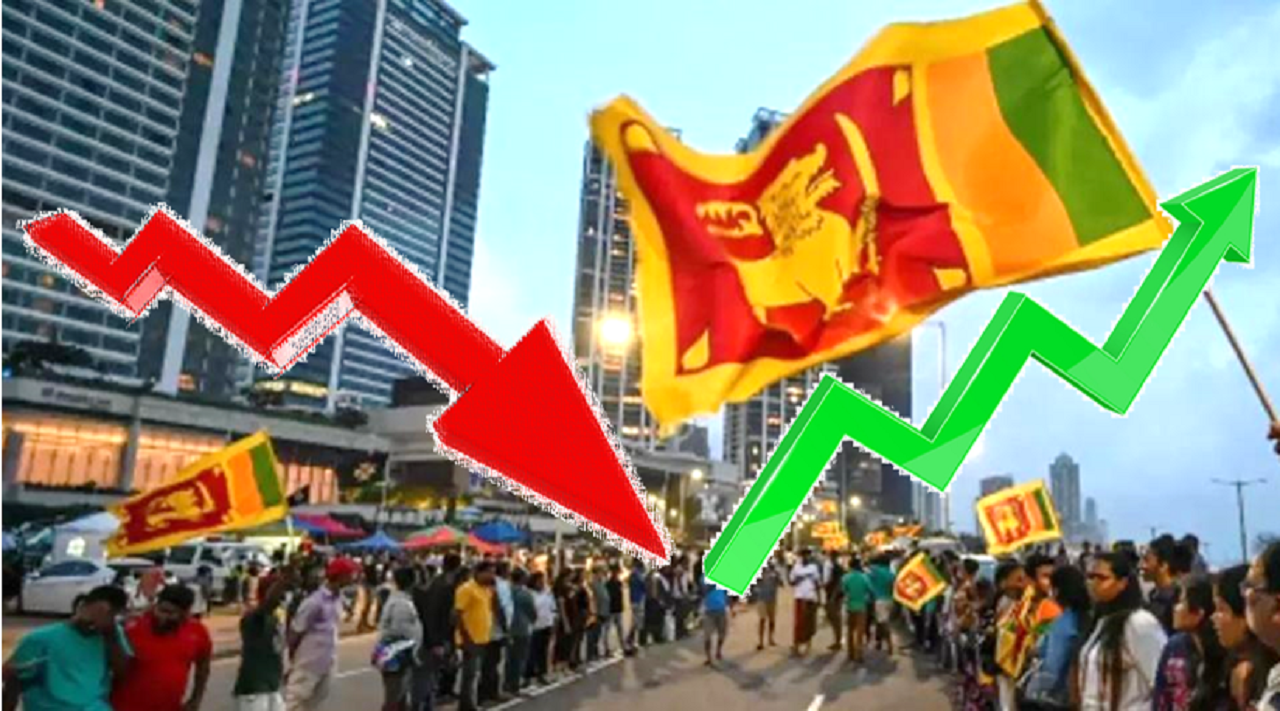
Sri Lanka’s Vote on Account: Bridging Fiscal Gaps amid Economic Challenges
- CNL Reporter
- December 7, 2024
- Weekly Economic Review
- Sri Lanka’s Vote on Account: Bridging Fiscal Gaps amid Economic Challenges
- 0 Comments
Weekly Economic Review
The newly elected Sri Lankan government, under President Anura Kumara Dissanayake, faces a host of economic challenges that necessitate immediate and long-term policy responses. A number of initiatives and strategies have been introduced to address growth, fiscal stability, and economic transformation while maintaining essential government functions through a Vote on Account for early 2025.
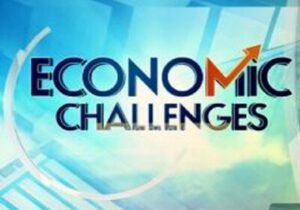
Economic Transformation Act
The Economic Transformation Act lays out an ambitious roadmap for Sri Lanka’s development. The main objectives include achieving a 5% GDP growth rate by 2027 and an 8% growth rate thereafter, reducing unemployment to 5% by 2025, and establishing a competitive, export-oriented economy by 2040. Additionally, the government aims to increase female labor force participation to 40% by 2030 and 50% by 2040.
Fiscal Strategies and SOE Reforms
The government’s fiscal policy is centered on maintaining public investment at 5-6% of GDP annually and rationalizing recurrent expenditure to 12.3% of GDP by 2025. Key reforms include raising certain tax rates and restructuring State-Owned Enterprises (SOEs). SOEs are being revamped by appointing qualified professionals to their boards, though Sri Lankan Airlines will not be privatized.
Social Safety and Governance
Strengthening the social safety net is a priority to shield vulnerable populations. Efforts are also underway to combat corruption and improve governance, reflecting a broader reform agenda.
Economic Performance and Projections

Recent economic data shows mixed results. Sri Lanka’s headline inflation fell into deflationary territory at -2.1% in November 2024, marking the third consecutive month of deflation. The economy grew by 5.3% year-on-year in Q1 2024, its highest growth rate since 2021. However, challenges remain, with the Asian Development Bank forecasting modest GDP growth of 1.9% in 2024 and 2.5% in 2025. Inflation is expected to stabilize at 7.5% in 2024 and 5.5% in 2025.
Poverty and Labor Market Concerns
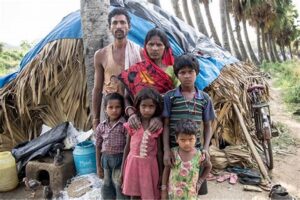
Despite some economic recovery, poverty has worsened, with 25.9% of the population below the poverty line in 2023. Labor force participation has declined, particularly among women and urban workers, underscoring the need for targeted interventions.
Climate Resilience and Infrastructure
The Climate Resilience Improvement Project, with $152 million in funding, has supported 11.5 million people by rehabilitating critical infrastructure like roads, bridges, and highways.
Vote on Account: Key Allocations and Debates
A vote on account for the first four months of 2025 pending a full budget, presented under constitutional powers given to President Anura Dissanayake was passed without a vote by Sri Lanka’s parliament.
The expenses for President Dissanayake was reduced with a 64 percent cut on advisors costs, Deputy Finance Minister Harshana Suriyapperuma said.Sri Lanka was expecting revenues of 1,600 billion rupees for the period.
Revenue agencies were being made more efficient and spending was allocated for essential spending, he said.Sri Lanka was emerging from a successful stabilization crisis with lower inflation, lower interest rates and a stronger currency.
Hope was emerging in the north and south of the country as well as businesses large and small, he said. Bigger business and foreign investors were also expecting more transparent work from the new administration, Suriyapperuma said.
To ensure continuity in government operations, the administration introduced a Vote on Account (VOA) for the first four months of 2025. The Rs. 1.4 trillion allocation addresses transportation, health, education, and defense, among other sectors. Significant allocations include:
Rs. 220 billion for transportation, ports, and civil aviation.
Rs. 161 billion for health.
Rs. 142 billion for defense.
Rs. 92 billion for education.
The Presidential Secretariat has been allocated Rs. 15 billion, sparking controversy over its size compared to previous years. Critics, including opposition MP Kabir Hashim, accused the government of contradicting pre-election pledges of austerity. However, the government clarified that external funding from programs like the World Food Programme contributed to the perceived increase, while personal expenses for the President’s staff have been reduced by 64%.
The Prime Minister’s office received a significantly lower allocation of Rs. 378 million, while Rs. 9.4 billion was allocated to the Ministry of Rural Development, Social Security, and Community Empowerment.
Borrowing Limits and Debt Restructuring

The VOA sets a borrowing ceiling of Rs. 4 trillion to accommodate potential delays in restructuring international sovereign bonds. Deputy Finance Minister Anil Jayantha Fernando assured parliament that this measure would ensure financial stability if technical delays in debt exchanges extend beyond December 31, 2024.
Planned revenues for the interim period total Rs. 1.6 trillion, with recurrent spending (excluding interest payments) at Rs. 1 trillion, capital spending at Rs. 425 billion, and debt servicing at Rs. 1.17 trillion.
Criticism of Tax Policies

The opposition has also criticized the government’s tax measures, including the Pay-As-You-Earn (PAYE) tax, which has seen substantial increases. While the previous government set the PAYE tax rate at 36%, generating Rs. 140 billion in 2023, projections suggest revenues may exceed Rs. 200 billion in 2024. Critics argue that high PAYE rates and VAT contribute to a double taxation burden on private-sector workers.
The opposition has called on the government to honor its election promises of reducing PAYE taxes and eliminating taxes on food, education, and health.
Balancing Immediate Needs with Long-Term Reforms
While the Vote on Account ensures short-term fiscal stability, it highlights the urgent need for a comprehensive budget to address structural issues like debt restructuring and inflation control. As Sri Lanka navigates economic challenges, the government must balance immediate priorities with its ambitious reform agenda under the Economic Transformation Act.
